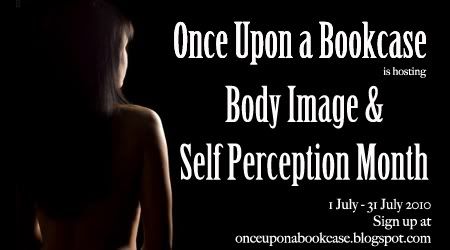Throughout July I’m taking part in Body Image and Self-Perception Month, as hosted by the lovely Jo of Once Upon a Bookcase. I really enjoyed reading Jo’s Sex in Teen Lit Month back when I was a lit blog lurker so when she announced that she was thinking of doing another themed month this year I was delighted.
I decided to take part in this project when she announced the theme because it is a subject very close to my heart as someone who had various and many self-esteem issues as a teenager. I have read eight books so far and have another two to read; I am also planning various relevant discussion posts.
If you would like to see a full list of all the good stuff that I and the rest of the BI&SP month bloggers have planned, check out the introduction post, and for links to all the posts as they are posted, here is the schedule. To read about the inspiration and purpose behind BI&SP month, just click the banner above.
Edit 09/05/2013: Jo has altered her pages recently, for all the BI&SP month information and links, just visit this page.
I hope that you will participate and comment on my reviews and discussion posts, it should be loads of fun!



